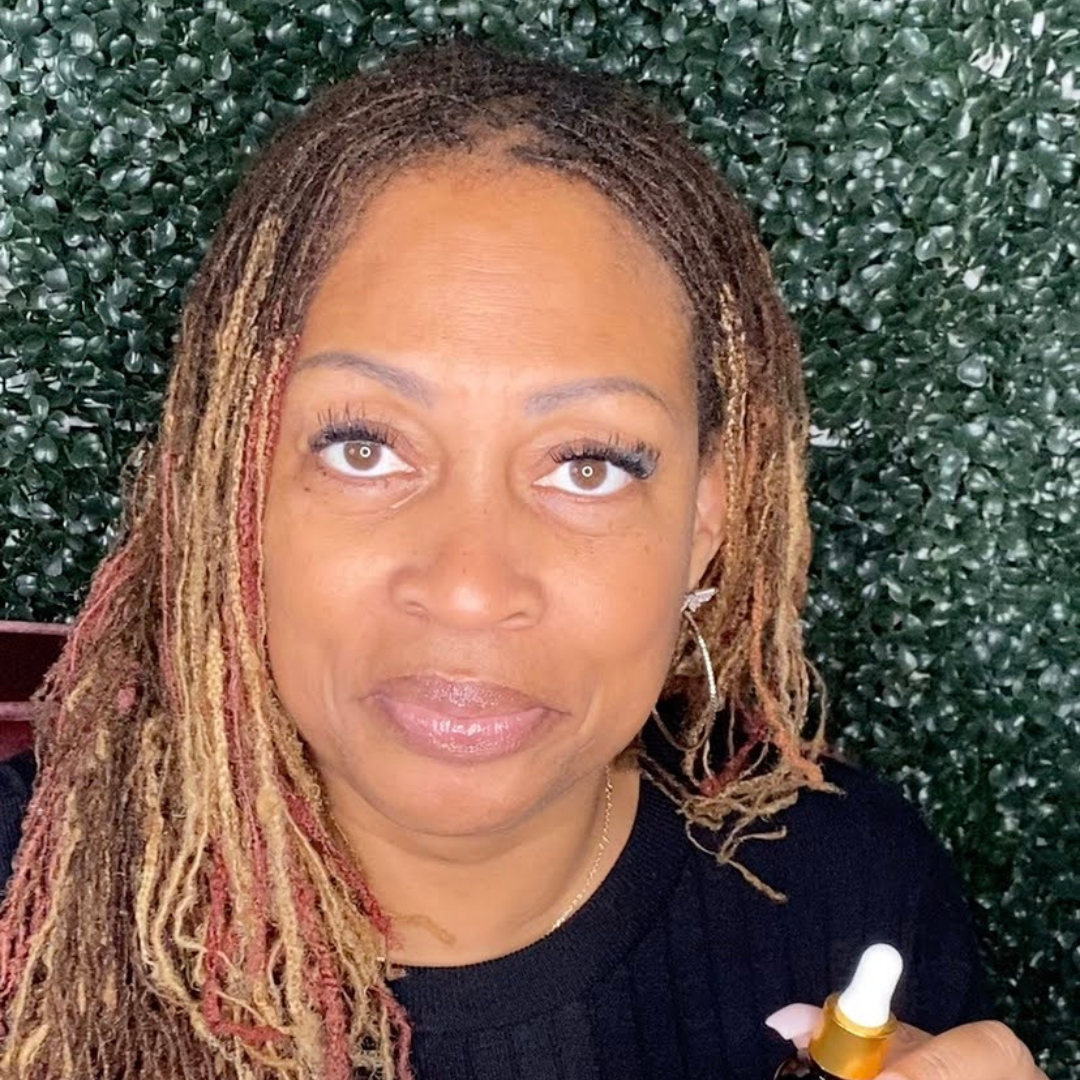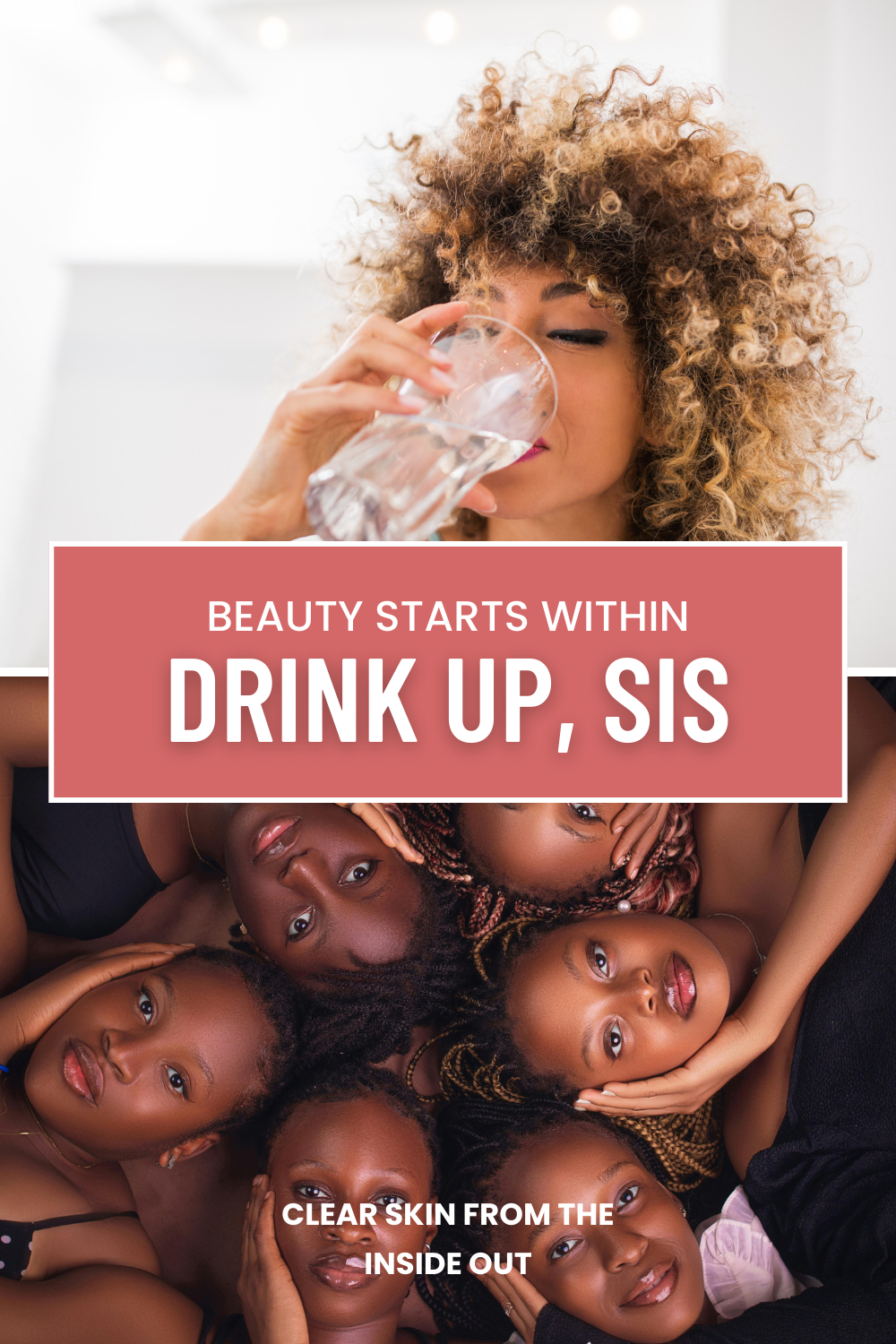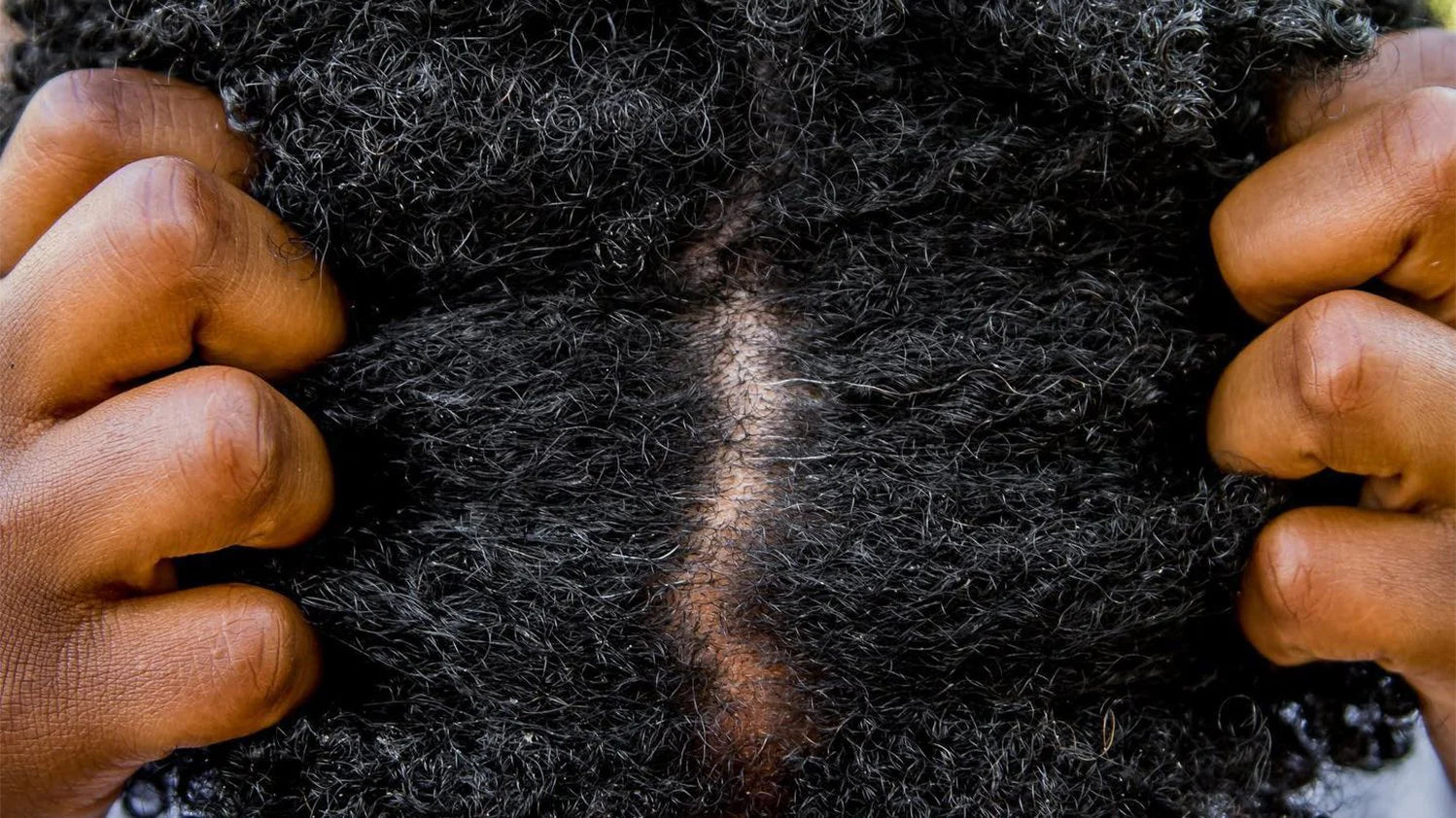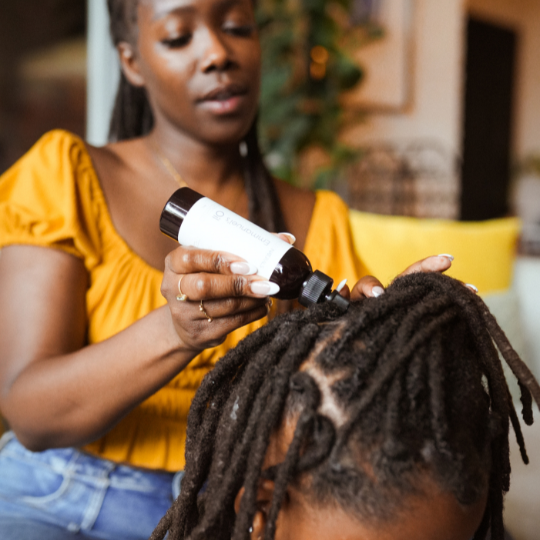Domestic Violence Awareness: Speaking Up to Save Lives

As I sit down to write this, my heart feels heavy with the weight of a loss that has changed my family forever. Earlier this year, I lost my aunt to domestic violence—a senseless tragedy that could have been prevented. Her murder was a by product of her relationship to the one in the violent situation, a situation that had nothing to do with her. Yet her life remains stolen; her mother, forever broken, her children motherless, grandchildren robbed of their Nana, her sisters heartbroken and her family reeling in pain and confusion. Her story is one of many, but it is also a powerful reminder of why we must speak up, why we must take action, and why we must never ignore the signs.
October is Domestic Violence Awareness Month, but awareness must be year-round. It is a time to shine a light on the often hidden and devastating issue that affects individuals, families, and entire communities. Domestic violence is not just a personal issue; it is a public health crisis, and its effects ripple far beyond the victim. My aunt’s life was taken in an act of violence that no one should ever have to endure, but her memory gives me strength to advocate for those who may feel voiceless or trapped.
Recognizing the Signs
Domestic violence doesn’t always look the way we expect it to. It’s not just about physical abuse—domestic violence can also manifest as emotional, psychological, and financial control. Often, it starts with subtle signs: isolation from loved ones, extreme jealousy, possessiveness, constant put-downs, or controlling behavior. Over time, these small red flags can escalate into something far more dangerous.
Many victims feel ashamed, scared, or unsure about how to ask for help. They might feel trapped—emotionally, financially, or even physically—and may convince themselves that the situation isn’t as bad as it seems. But the truth is, abuse can take many forms, and all of them are harmful.
If you suspect someone you know is in an abusive situation, the most important thing you can do is trust your instincts. If something feels off, it probably is. Saying something could save a life.
If You See Something, Say Something
One of the hardest parts about domestic violence is that it often happens behind closed doors. But the signs are there if you know what to look for. Maybe a friend suddenly becomes withdrawn or makes excuses for their partner’s behavior. Maybe you overhear aggressive arguments or notice bruises that don’t seem to have a reasonable explanation.
We often second-guess ourselves, unsure if we’re overreacting. But in situations of potential abuse, it’s better to risk being wrong than to stay silent. Reach out with compassion and without judgment. Let them know you’re there to listen, that they’re not alone, and that there are resources to help.
Many victims don’t leave because they feel isolated or fear no one will believe them. The family of the controlling murderer knew that he was abusive to his young wife, however, they turned a blind eye to protect their loved one. The result of such deliberate indifference is three lives gone. By offering support and listening without judgment, you can help give them the courage to take steps toward safety. It doesn't matter if the perpetrator is family or friend, do not sit by while the destroy someone else.
Finding Safety: You Are Not Alone
If you are in a violent situation, know this: **you are not alone, and you deserve safety.** Leaving an abusive relationship can be one of the most difficult decisions a person makes, and it often requires a safety plan to ensure their well-being. Reaching out to a local domestic violence shelter, a trusted friend or family member, or a national hotline can be a first step toward finding help.
There are people who care and organizations ready to provide support, whether it’s emergency shelter, legal advice, or counseling. No matter how hopeless or overwhelming things may feel, there is always a way out. You deserve a life free from fear and harm.
Resources and Support
If you or someone you know is experiencing domestic violence, there are organizations that can help:
- **National Domestic Violence Hotline**: 1-800-799-SAFE (7233)
They provide 24/7 confidential support to anyone in need of help.
- **Local Shelters and Support Groups**: Many communities have domestic violence shelters that offer safe housing, legal support, and counseling.
- **Friends and Family**: Although trying to help someone get away from a violent partner is what led to my aunt's murder, reaching out to someone you trust can be a lifeline, especially when you feel isolated. Be sure to help by contacting the authorities or providing a safe and discreet place of refuge.
A Message of Hope
The loss of my aunt is something my family will carry with us forever, but it also fuels my desire to spread awareness. Domestic violence is preventable. By speaking up when we see the signs and by supporting those in need, we can make a difference. No one deserves to live in fear, and everyone deserves to live in peace and safety.
If you are reading this and feel stuck or afraid, know that you don’t have to go through this alone. Help is out there. And if you see something, say something—it could save a life.
---
This blog is dedicated to my aunt Dana (Dane Dane), who deserved so much more than what was taken from her. I hope her story will inspire others to break the silence, take action, and fight for a world where no one has to live in fear of violence.
With love and light,
Nelle





Comentarios